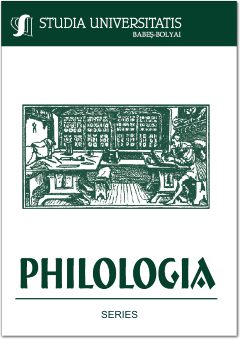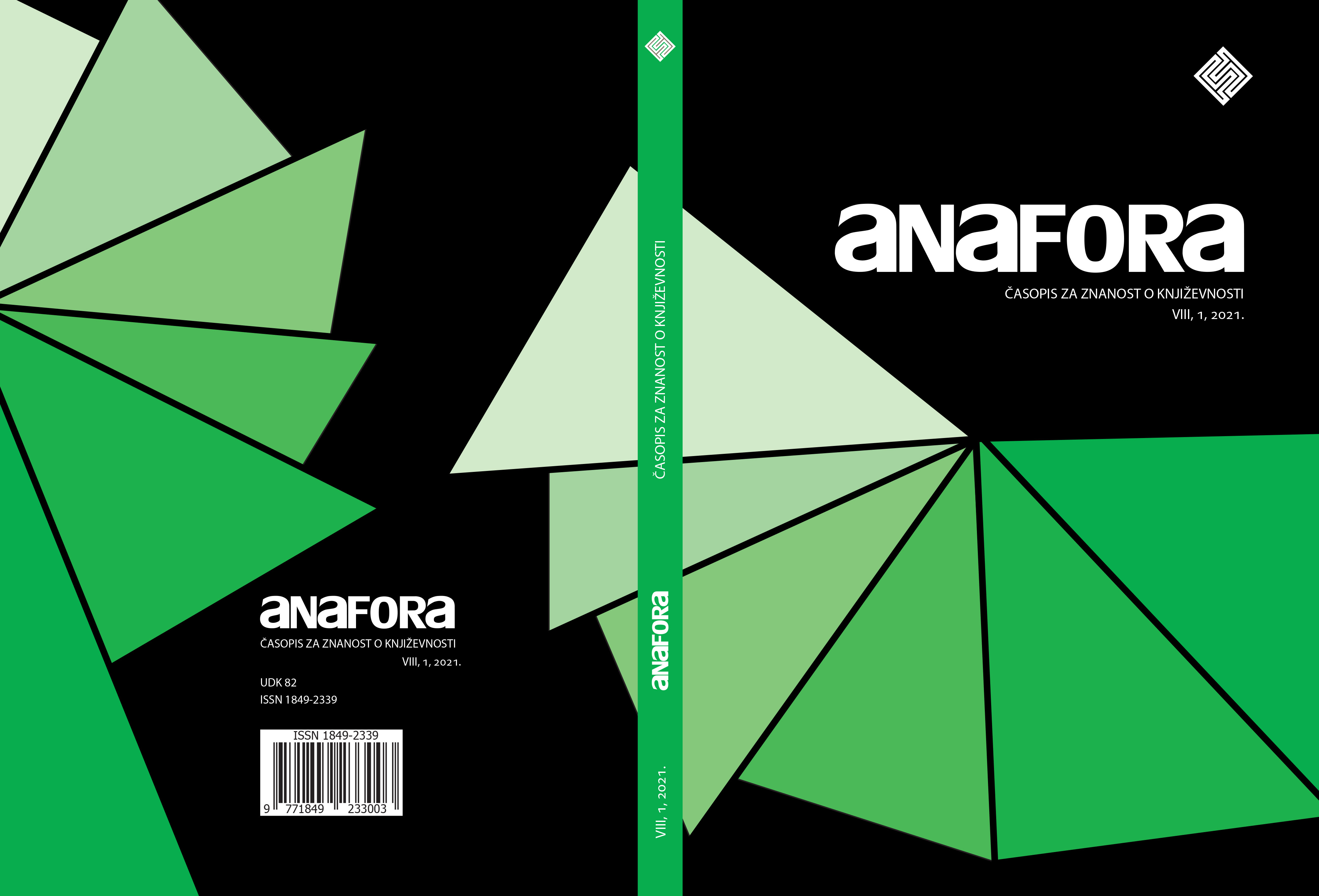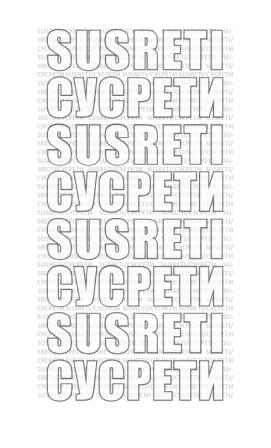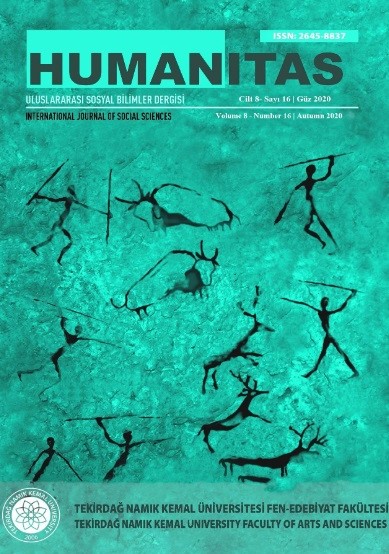Author(s): Yulia Terentieva / Language(s): English
Issue: 1/2020
Even though silence is conventionally seen as merely absence of sound, emptiness bare of any definition, it can, in fact, have a multiplicity of meanings. It is used to negate, to express a variety of emotions, to maintain the status quo or to threaten it. The use of silence in fiction is of particular interest due to the plurality of ways of expression that a literary text provides.Although silence itself is not used as an independent motif in David Lodge’s work, many of his narratives use it as a tool to represent certain feelings, power interpersonal relations or relations between people and institutions. One such novel, and the one that focuses on such relations the most, is Deaf Sentence (2008), which recounts a process of the loss of hearing by a former professor of linguistics. In my research, I aim to explore the possibility of connecting deafness (and, hence, silence) with the places the character occupies, visits or avoids, and investigate the relations that are built between the main character and the space around him with the involvement of both sound and silence, as well as the balance of noise and silence of the spaces the protagonist occupies as a means of reinforcing the representation of the character development and provide additional levels of understanding of the conflicts touched upon by the novel. While focusing on Deaf Sentence, I will draw examples of the use of silence as a tool of representation from other novels written by David Lodge, and examine whether silence of spaces can be identified as influencing the narrative. To do so, I will utilise existing research on silence provided by the works of Judith Butler, Michael Foucault and Maria Tumarkin, as well as relevant findings in the field of space studies.
More...
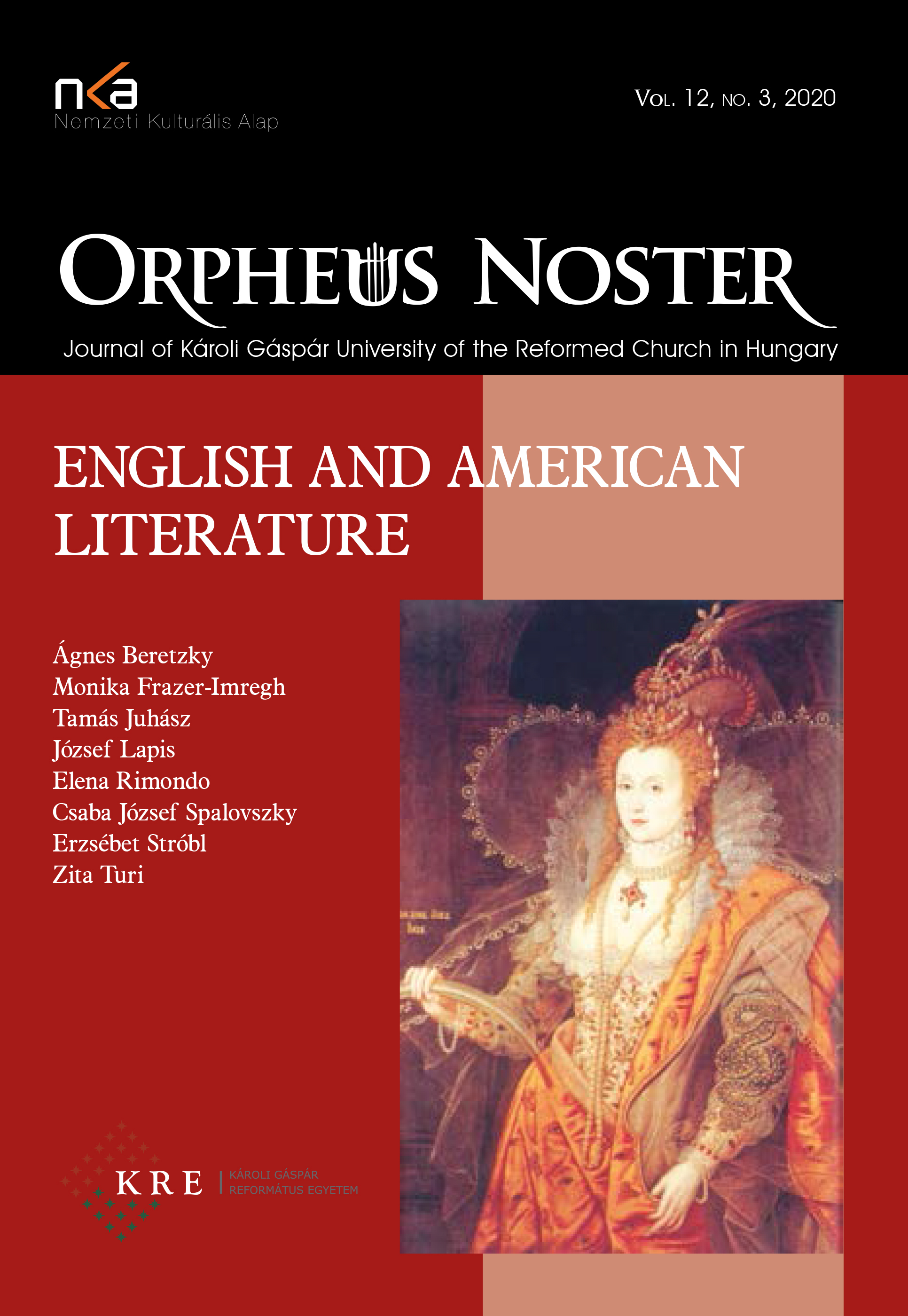

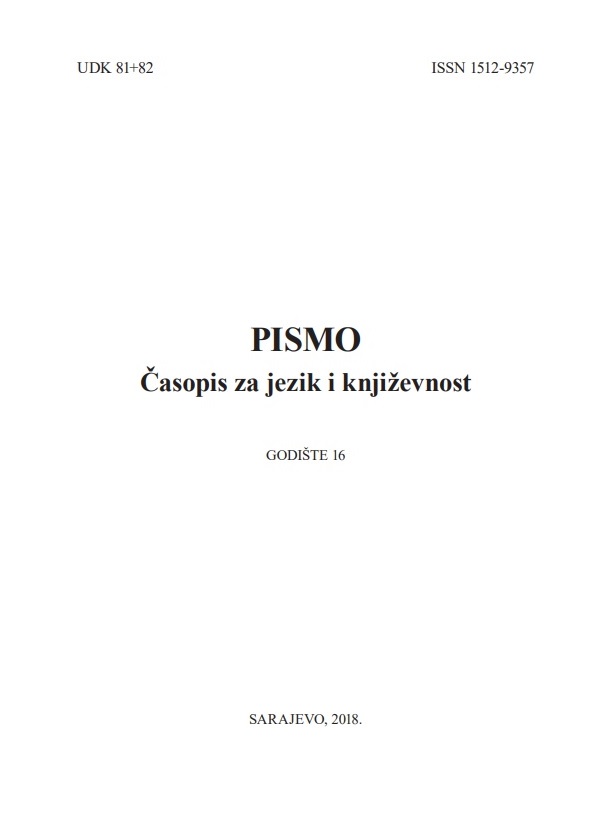
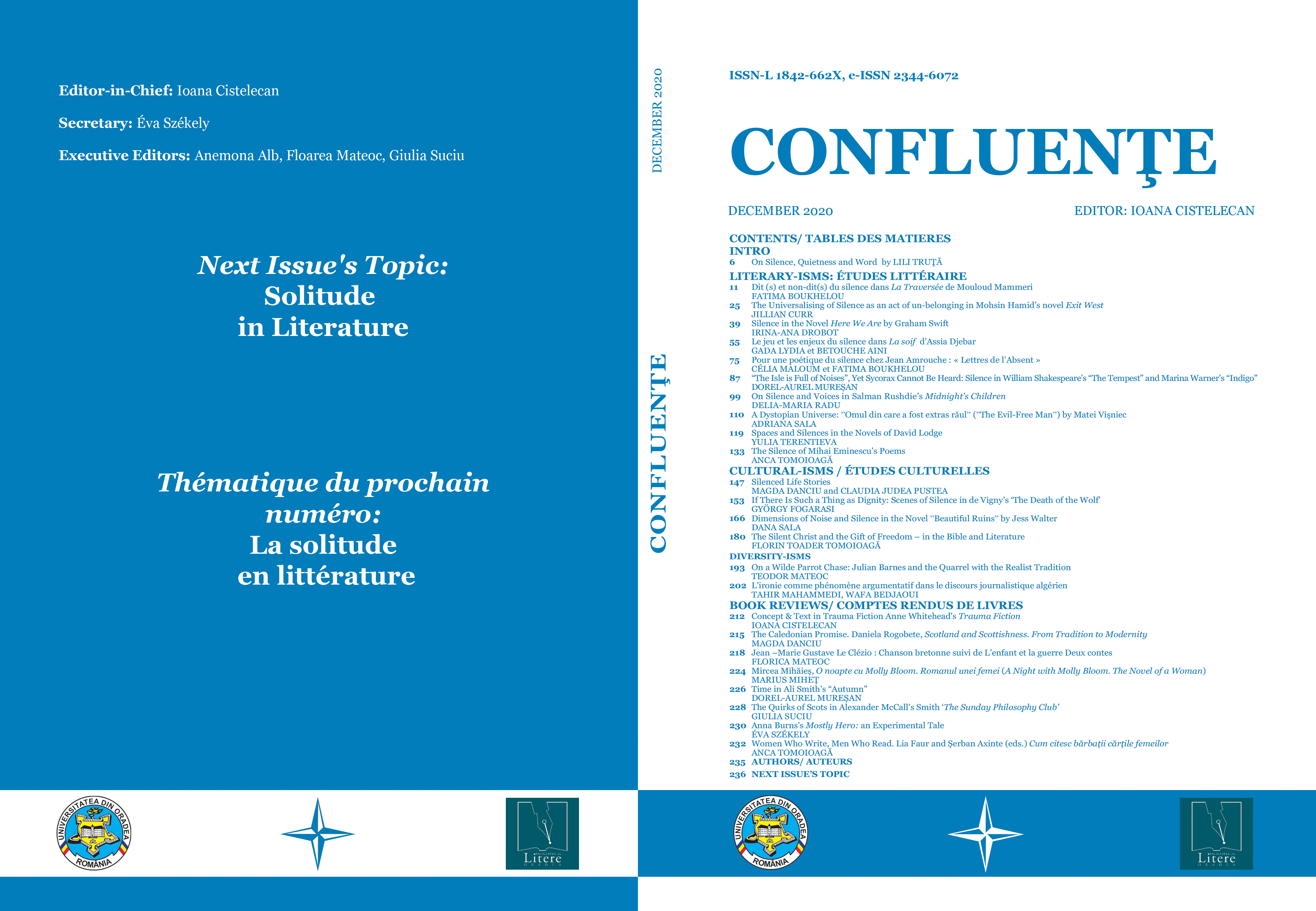
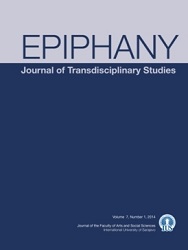
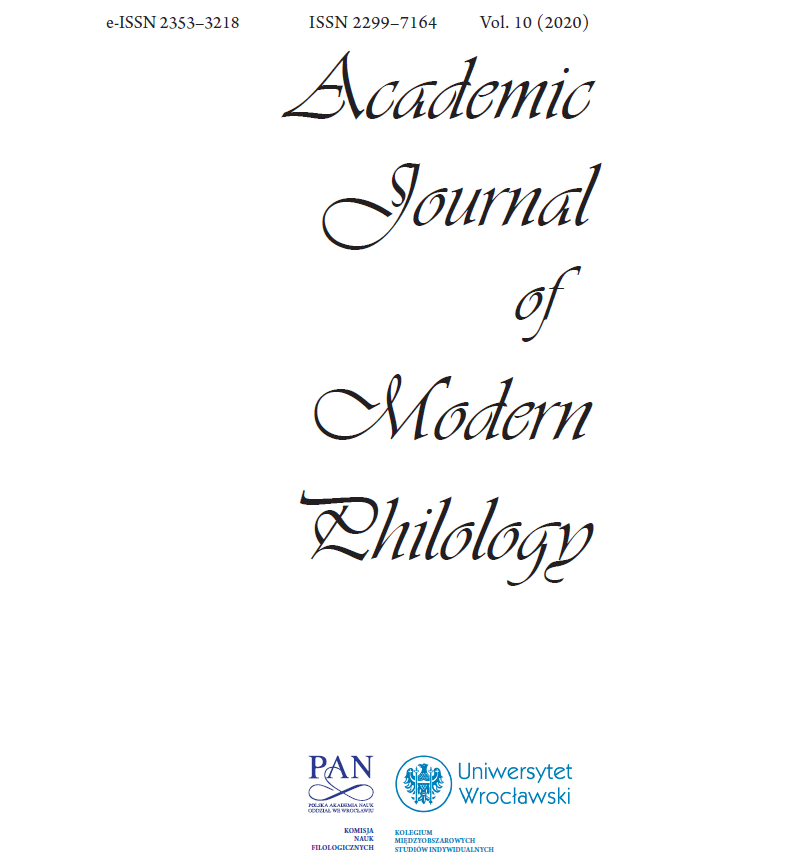
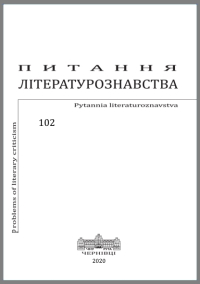

![“Eternity roll’d wide apart”: The Creation of the World and Man in William Blake’s The [First] Book of Urizen in Light of Emanuel Swedenborg’s The Last Judgment](/api/image/getissuecoverimage?id=picture_2021_60985.jpg)
